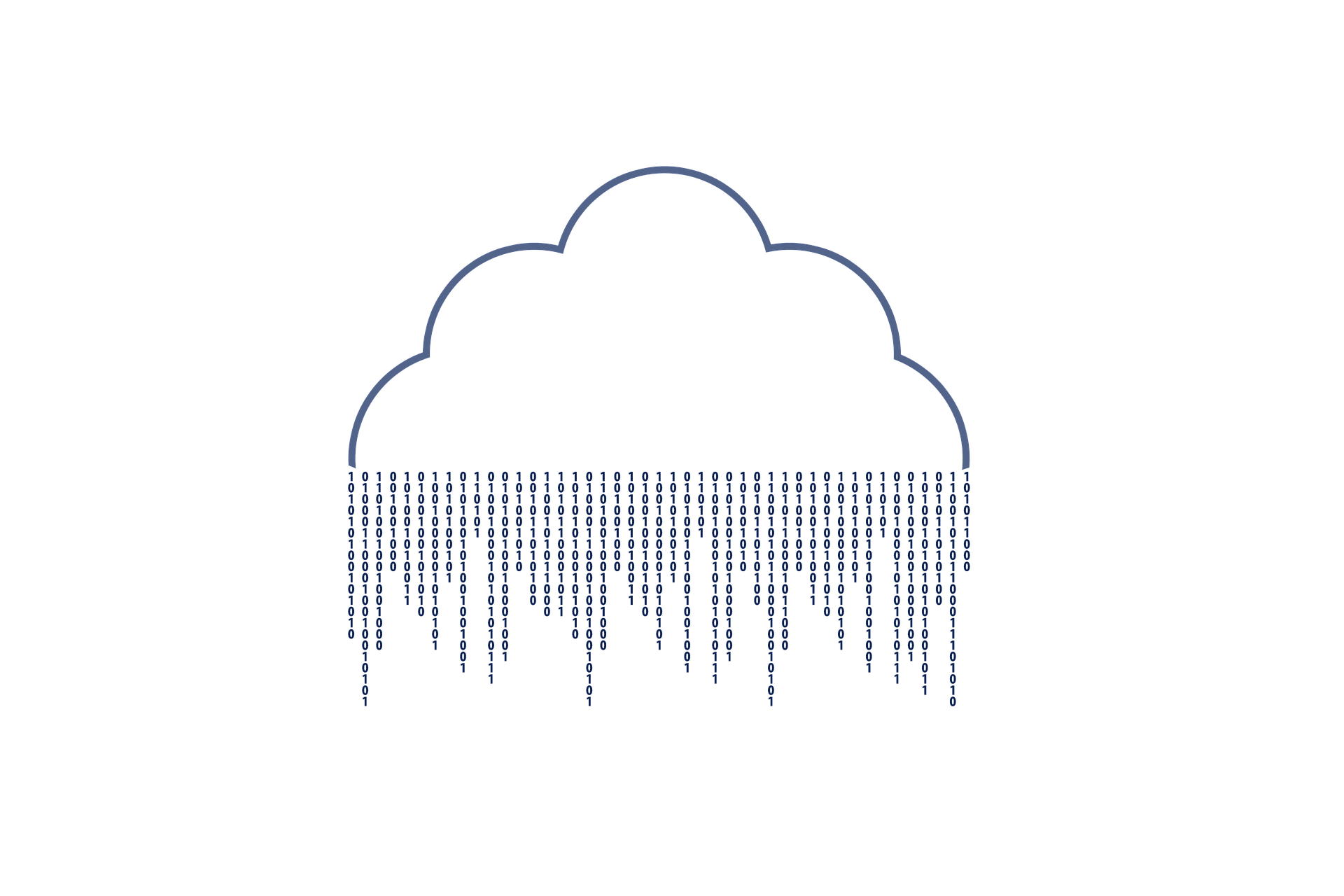Over the years, the healthcare industry has heavily relied on robust data and information to understand patients’ circumstances, monitor health trends. Such valuable data has also helped professionals make better decisions and find ways to improve the health system.
This approach is all the more necessary given the recent COVID-19 outbreak. Global cases need to be tracked, safety measures need to be set in place, and robust testing and effective solutions need to be explored and discovered. This is where cloud analytics comes into the picture as a useful tool that can be used in the healthcare sector.
In this article, we will share three vital reasons the healthcare industry must consider utilizing cloud analytics for the recording, monitoring, evaluation, and decision-making of health data and information:
1. To adopt new technology for efficient processes
There’s no denying how technological advancements and modern approaches have significantly helped the healthcare sector. When it comes to data management, there are various tools and applications that health professionals and institutions can invest in. This is where cloud analytics comes in.
Hospitals and doctors can use cloud computing to track patients’ health status, monitor their conditions, and even deliver care with the aid of intelligent machines and automated medical devices. As a result, medical processes and operations will be more seamless, efficient, and effective.
2. To come up with better decisions
Even in the healthcare industry, decision-making is highly dependent on data and information. Take, for instance, the current global pandemic brought by the COVID-19 crisis. Countries need to record and study reliable data and information to track cases in various hospitals, different localities, and even on a global scale. Along with this is to sort demographics to determine those who are most affected.
What’s great about cloud analytics is that they are all automated and efficient in tracking health data and delivering quick results. Efficiency and accuracy are two key features that are needed in these challenging times to come up with better decisions. These are what cloud analytics strive to deliver and accomplish for the benefit of the healthcare sector.
3. To yield a tangible return on investment (ROI)
While the top priority of health entities and practitioners is to foster good health and uphold lives, they also need to generate income. They need to earn enough profit to cover all medical supply and operational costs, to motivate health professionals to work better, and ensure that they continue operating.
With the use of cloud analytics, they will be able to deliver better health care and, at the same time, profit as a business. Furthermore, these automated tools will help them record and track their profits and see if they yield a tangible ROI. Ultimately, when hospitals are earning, patients are properly taken care of—it’s a win-win for both parties!
Conclusion
Cloud analytics is indeed an excellent tool used to carry out analysis using cloud computing. The healthcare sector must utilize a wide range of analytical tools and techniques to extract health information from massive data and present them in an easily stored and readily available way via the Internet.
As outlined above, health professionals and institutions can take advantage of the following benefits with cloud analytics—new technology for efficient processes, better decision-making, and a tangible ROI while fostering good health!
Here at Dose of Healthcare, we provide the latest health and medical news in the healthcare industry. If you’re looking to get more updates on emerging tools and technology needed for better healthcare, check our regular posts, and subscribe to our newsletter!


















